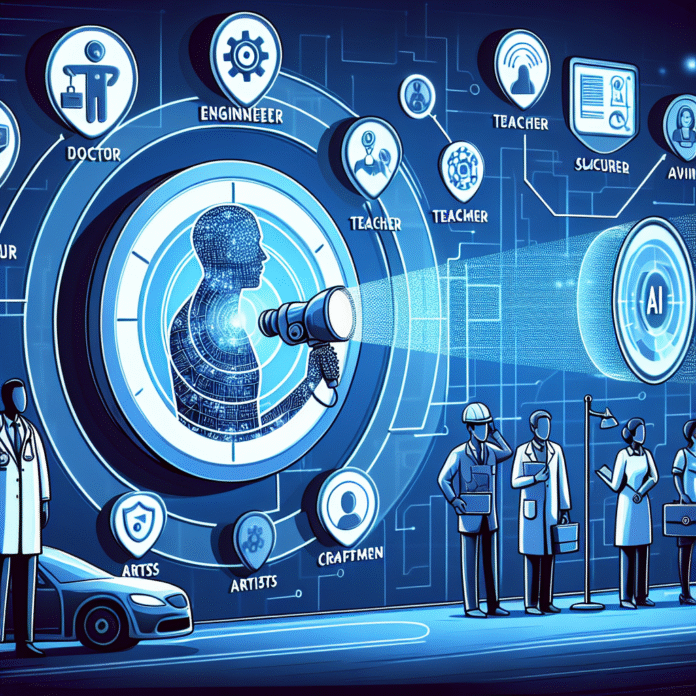AI is coming for these jobs next but experts say others are surprisingly safe is yours protected
MSN
Certainly! Below is a rewritten version of the article you referenced, with additional relevant information included.
—
AI’s Next Targets: Which Jobs Are at Risk and Which Are Safe?
As artificial intelligence (AI) continues its rapid advancement, many workers are left wondering which jobs are most vulnerable to automation. While some roles may seem at high risk, experts have identified several positions that are surprisingly secure in the face of AI’s rise.
Jobs at Risk of Automation
Recent studies indicate that jobs involving routine tasks, repetitive actions, or data processing are among the most susceptible to replacement by AI technologies. Positions in sectors such as manufacturing, data entry, and even certain aspects of customer service are particularly threatened. For example, automated chatbots and virtual assistants are already handling a significant portion of customer inquiries, reducing the demand for human operators.
The financial services sector is also seeing a shift, with AI algorithms capable of analyzing vast datasets and making trading decisions faster than any human could. Similarly, roles in transportation, especially those involving logistics and delivery, face challenges from autonomous vehicles and drones.
Surprisingly Safe Professions
Despite the fears surrounding AI, certain occupations remain resilient against automation. Jobs that require emotional intelligence, complex problem-solving, and creative thinking are far less likely to be replaced. For instance, healthcare professionals, such as doctors and nurses, rely on human empathy and nuanced decision-making that AI cannot replicate.
Educators also find themselves in a relatively secure position. While AI can assist in personalized learning and administrative tasks, the role of a teacher in fostering critical thinking, creativity, and social skills remains irreplaceable. Similarly, jobs in the arts, such as writers, musicians, and designers, rely on human creativity and cultural understanding, making them less susceptible to automation.
The Future Workplace: A Hybrid Model
Looking ahead, experts suggest that the future workplace will likely feature a hybrid model where AI and humans work collaboratively. This partnership can enhance productivity and efficiency while allowing workers to focus on tasks that require a human touch. For instance, AI can assist with data analysis, freeing up professionals to strategize and innovate.
Moreover, as industries evolve, new job opportunities will emerge, particularly in fields related to AI development, ethics, and maintenance. Workers will need to adapt by acquiring new skills and embracing lifelong learning to stay relevant in an increasingly tech-driven economy.
Conclusion
While AI presents both challenges and opportunities, understanding which jobs are at risk and which are secure is crucial for workers navigating this evolving landscape. Emphasizing skills that AI cannot replicate, such as empathy, creativity, and complex problem-solving, will be vital for job security in the future. As we move forward, a collaborative approach between humans and AI may redefine the nature of work itself.
—
Feel free to adjust any sections as needed!

